The rise of the mobile worker
Organisations need to change their definition of 'the office' as we enter the era of anytime, anywhere working

Up to 105.4 million. That's how many mobile and remote workers there will be in the US by 2020 (up from 96.2 million in 2015), according to analyst firm IDC. While UK predictions are smaller, the thinking is that the majority of workers in the future will not go to a set place each day to do their job.
While such predictions might be well intentioned, well-researched and based in truth. They do not paint an accurate picture of reality. For, whether we like it or not, we are allmobile workers.
You could be travelling for work and editing a document on the train. Perhaps you’re catching up on emails as you wait for your doctor to work their way through their list of patients and cross your fingers you don't leave the surgery with more ailments than you came in with. Even more frequently still, you’re taking advantage of the free Wi-Fi onboard your flight as you head away from the world of work and towards your holiday destination of choice (at least physically, anyway).
The Week
Escape your echo chamber. Get the facts behind the news, plus analysis from multiple perspectives.

Sign up for The Week's Free Newsletters
From our morning news briefing to a weekly Good News Newsletter, get the best of The Week delivered directly to your inbox.
From our morning news briefing to a weekly Good News Newsletter, get the best of The Week delivered directly to your inbox.
"Mobility has become synonymous with productivity both inside and outside the workplace, and the mass adoption of mobile technology in the US has cultivated an environment where workers expect to leverage mobile technology at work," said Bryan Bassett, research analyst of IDC’s mobile enterprise device solutions arm.
"This expectation will be supplemented by new solutions specifically intended to manage the challenges associated with the growing needs of the mobile workforce."
Whatever the scenario, the fact is the 24/7 office is a reality, whether enforced or embraced, whether wanted or, quite frankly, needed. Welcome to the modern world. There is no ‘off’ button.
That's why it's key that organisations, and individuals in turn, understand what is important to them in a work and work-related context and get to grips with the things they don't really need to waste time worrying about at all.
Perhaps you need to be notified of certain things and not others (you might have people to deal with that for you) so you want to ensure you have the tools, technologies and processes in place so you’re only interrupted when necessary and not all the time.
The app economy
Apps are the latest fashion. Whether you choose to call it an app explosion or the app economy, the fact is that we have become an increasingly app-hungry nation. At the time of writing, Apple had reported that some 100 billion apps had been downloaded from its App store. Android and Windows app volumes are also on the up and that’s without even considering the myriad of enterprise use-case-specific apps such as those focused on analytics, CRM, ERP and so on.
Those apps can't work in thin air. Many of us are using our mobile phones or so-called smart watches to keep up to speed on the move, but that's not practical for every use case. Cue the role of the ultra-portable. Devices like HP's Elite x2 1011 2-in-1 were conceived with this very notion in mind. This form factor means you don’t have to make a call between owning a tablet or Ultrabook as you can essentially have both – but without having to carry two separate devices around.
The HP Elite x2 1011 also caters to the mobile worker’s need for high levels of performance coupled with ease of management and security.
Consumerisation of IT
The consumerisation of IT shook things up. It took control away from the IT department and led to users bypassing them if they couldn't or wouldn't provide the tools, technologies and form factors users were familiar with outside of the office. In short, this was bad for business and left many organisations vulnerable with mammoth security holes hiding in plain site.
BYOD looked to redress that balance and deliver a viable compromise that benefitted both business and individual alike.
If workers are to be doing their job whenever, wherever, the boundaries between personal and professional lives have blurred further. This means users, in the main, won't tolerate beige and boring equipment. They want things that are aesthetically pleasing. That said, they also don't want devices that exhibit a style over substance ethos. They want to have their proverbial cake and consume what it has to offer regardless of their setting.
So how can organisations best respond to the demand of fashion and IT savvy users who know what BYOD is and are wondering why their business is yet to make the - in their eyes very sensible - move?
It’s all about knowing your audience. The days of buying a batch of devices and then trying to retrofit your employees’ jobs to match the functionality of that equipment are long gone. The same equally applies to software. In the world of cloud, workers will just bypass the IT department if they say no or are unresponsive to their requirements. Instead, they’ll just take out their credit cards and buy whatever app or service helps them do their job more quickly and easily. Welcome to the world of shadow IT. It might not be a world of the IT and business’ choosing, but it is the new reality so organisations must not only get used to it but pre-empt the demand for it and respond accordingly.
Blurred lines
The lines between work and play have never been so transient. As workers – regardless of our status in the commercial food chain – we’re expected to do more with less and be available whenever business needs arise. We simply can’t meet these demands without technology.
That’s why it’s so important to ensure your workforce has the right technology that is fit for purpose not just for the job they do today, but the job you will expect them to do tomorrow.
The number of mobile workers is definitely on the rise. And you don’t want to risk losing your good people to another organisation that has already got its mobile worker strategy sorted. In the future, when businesses recruit, potential candidates will be just as focused on the technology and flexibility on offer, as the pay and other benefits. Organisations really need to start preparing now for that wave of next-generation workers coming into the workforce.
They will expect technology that is easy to use and portable. They will want it to have both looks and personality. And they’ll need it to be available and usable 24/7. Anything else will be simply unacceptable to them and, in turn, mean less loyalty to you as an employer.
In short, the technology decisions you make today to help fuel business success can have a massive impact on just how your business thrives in the future. Be mindful of the fact that behind every piece of technology in business there is a person and think about exactly what that person needs. For, at the end of the day, at their core they are a mobile worker.
A free daily email with the biggest news stories of the day – and the best features from TheWeek.com
-
 5 blacked out cartoons about the Epstein file redactions
5 blacked out cartoons about the Epstein file redactionsCartoons Artists take on hidden identities, a censored presidential seal, and more
-
 How Democrats are turning DOJ lemons into partisan lemonade
How Democrats are turning DOJ lemons into partisan lemonadeTODAY’S BIG QUESTION As the Trump administration continues to try — and fail — at indicting its political enemies, Democratic lawmakers have begun seizing the moment for themselves
-
 ICE’s new targets post-Minnesota retreat
ICE’s new targets post-Minnesota retreatIn the Spotlight Several cities are reportedly on ICE’s list for immigration crackdowns
-
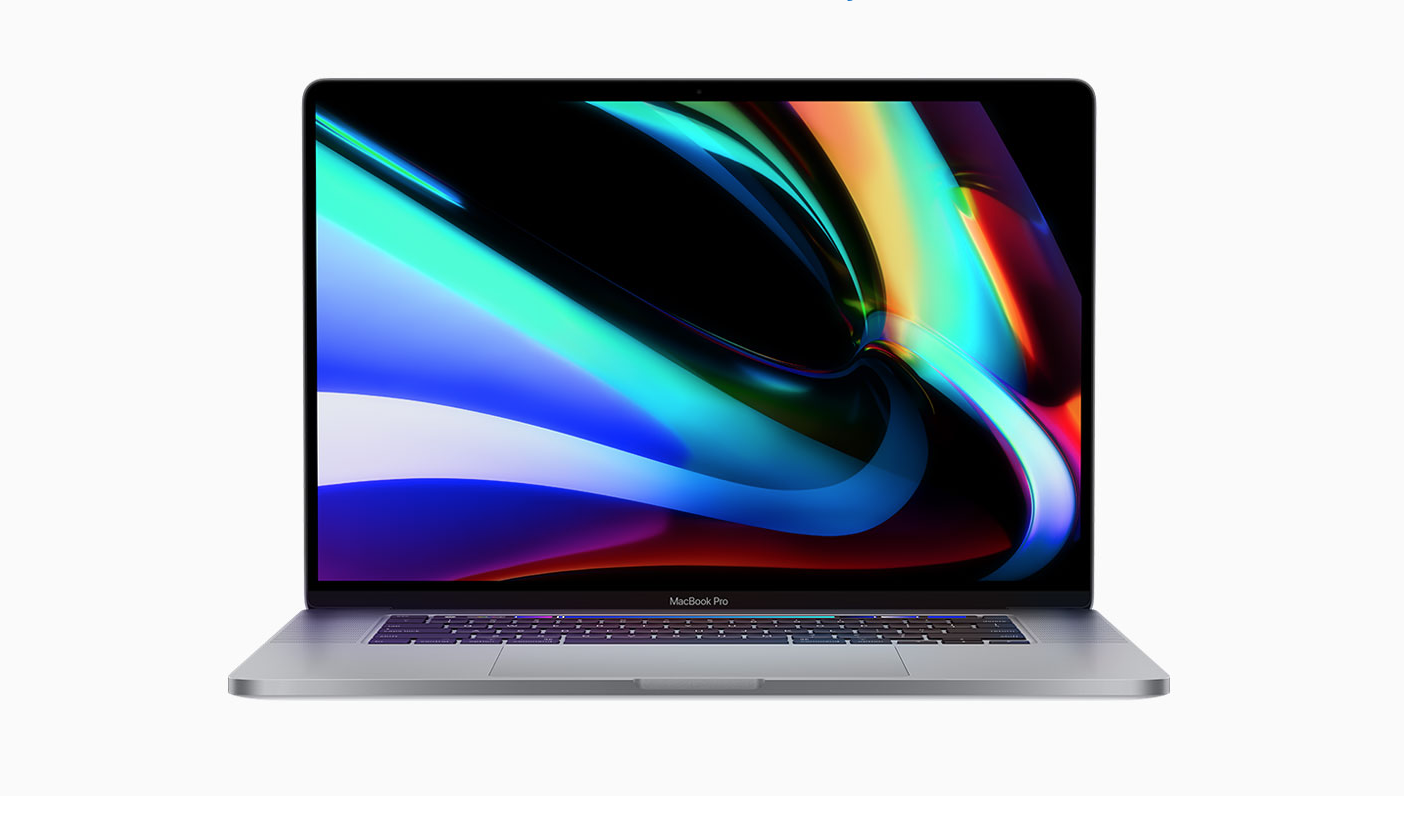 MacBook Pro 16in 2019: reviews, new features, tech specs and prices
MacBook Pro 16in 2019: reviews, new features, tech specs and pricesIn Depth New range-topper is Apple’s largest laptop since 2012
-
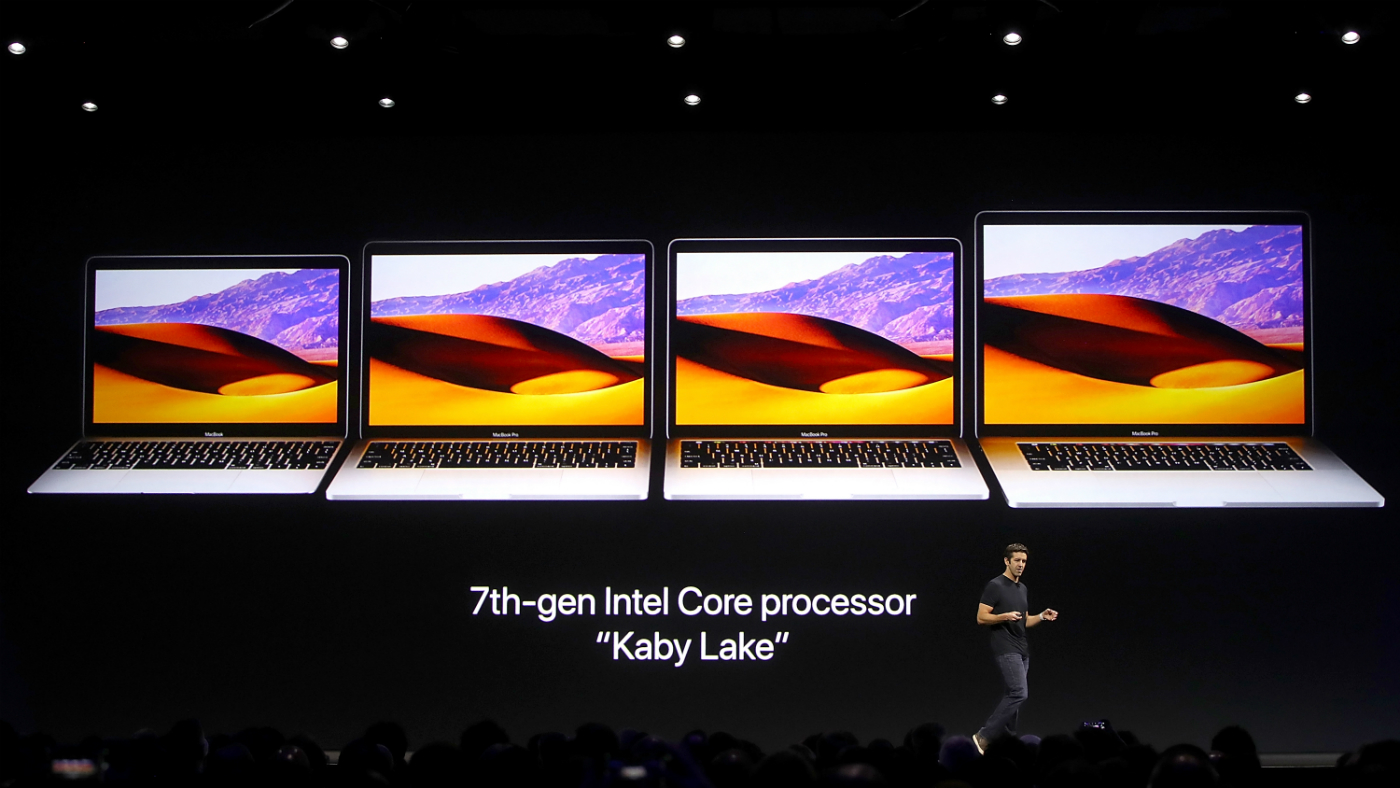 WWDC 2017: Apple unveils new MacBooks, iPad Pro and more
WWDC 2017: Apple unveils new MacBooks, iPad Pro and moreIn Depth Latest versions of iOS and MacOS announced, along with an all-new smart speaker
-
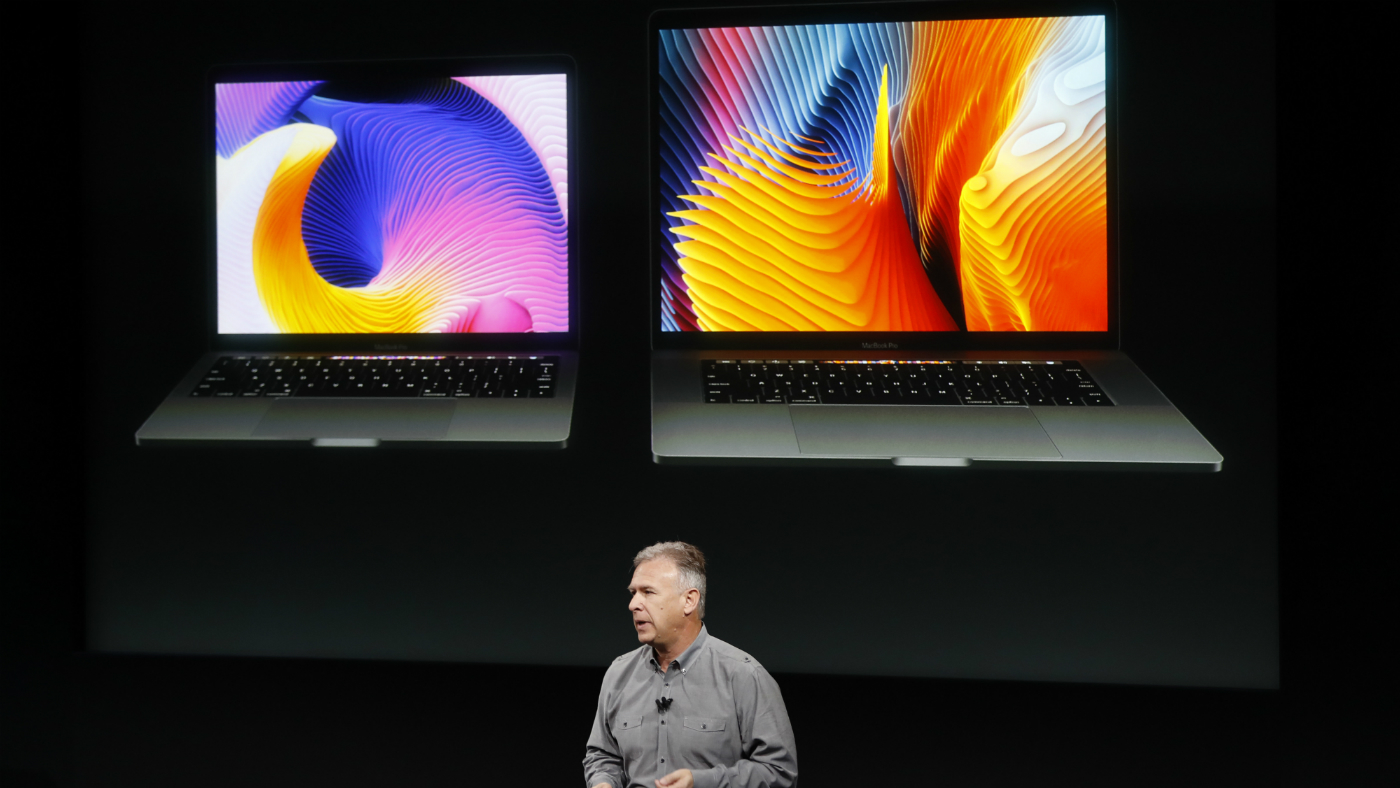 Apple MacBooks to get faster Intel Coffee Lake chip 'next year'
Apple MacBooks to get faster Intel Coffee Lake chip 'next year'In Depth Intel's upcoming Coffee Lake processor is 30 per cent speedier than the outgoing Sky Lake chip
-
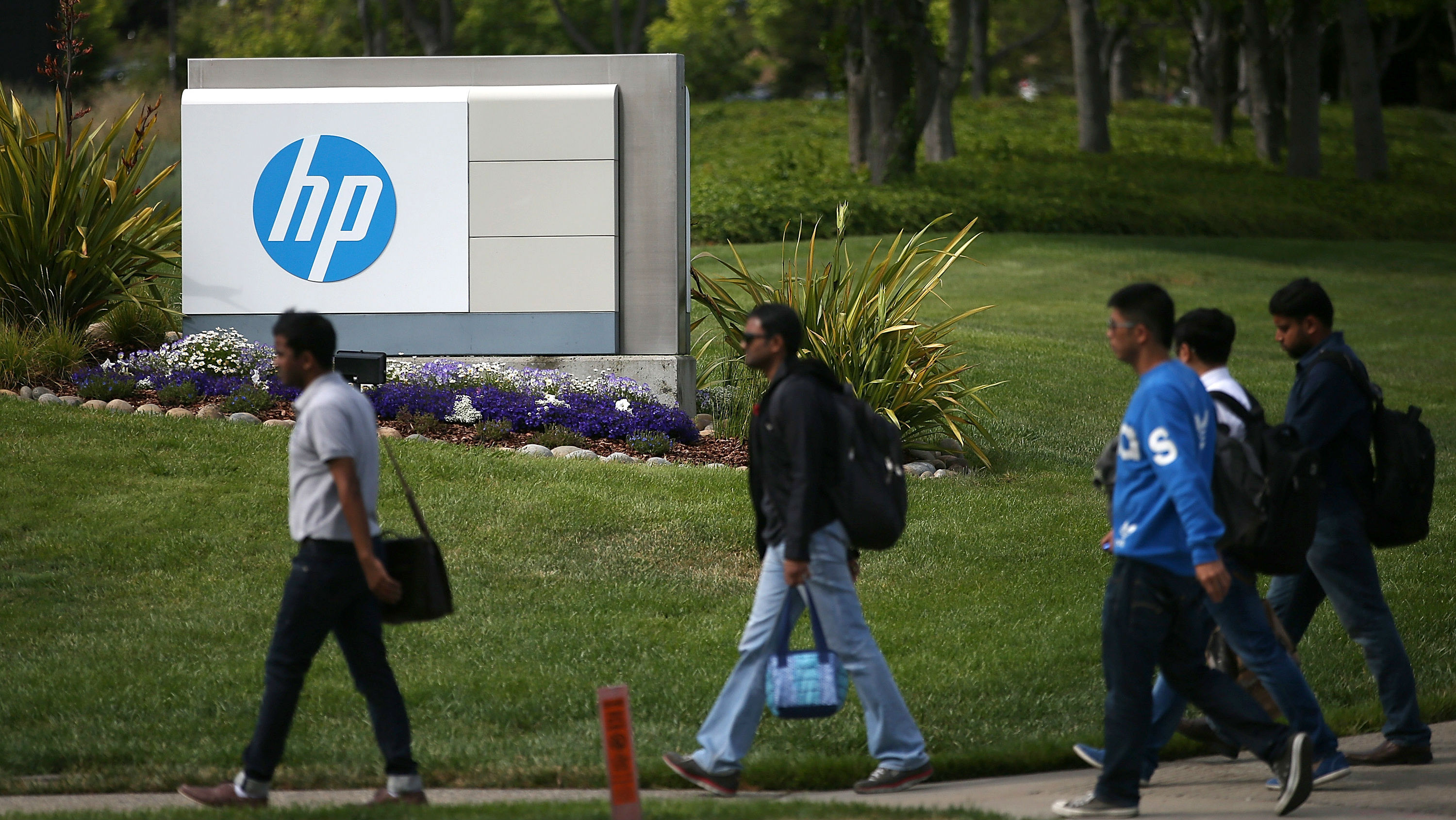 HP releases security fix after 'keylogging' discovery
HP releases security fix after 'keylogging' discoveryIn Depth Study finds a 'covert storage channel' for user keyboard inputs was packaged with laptop audio software
-
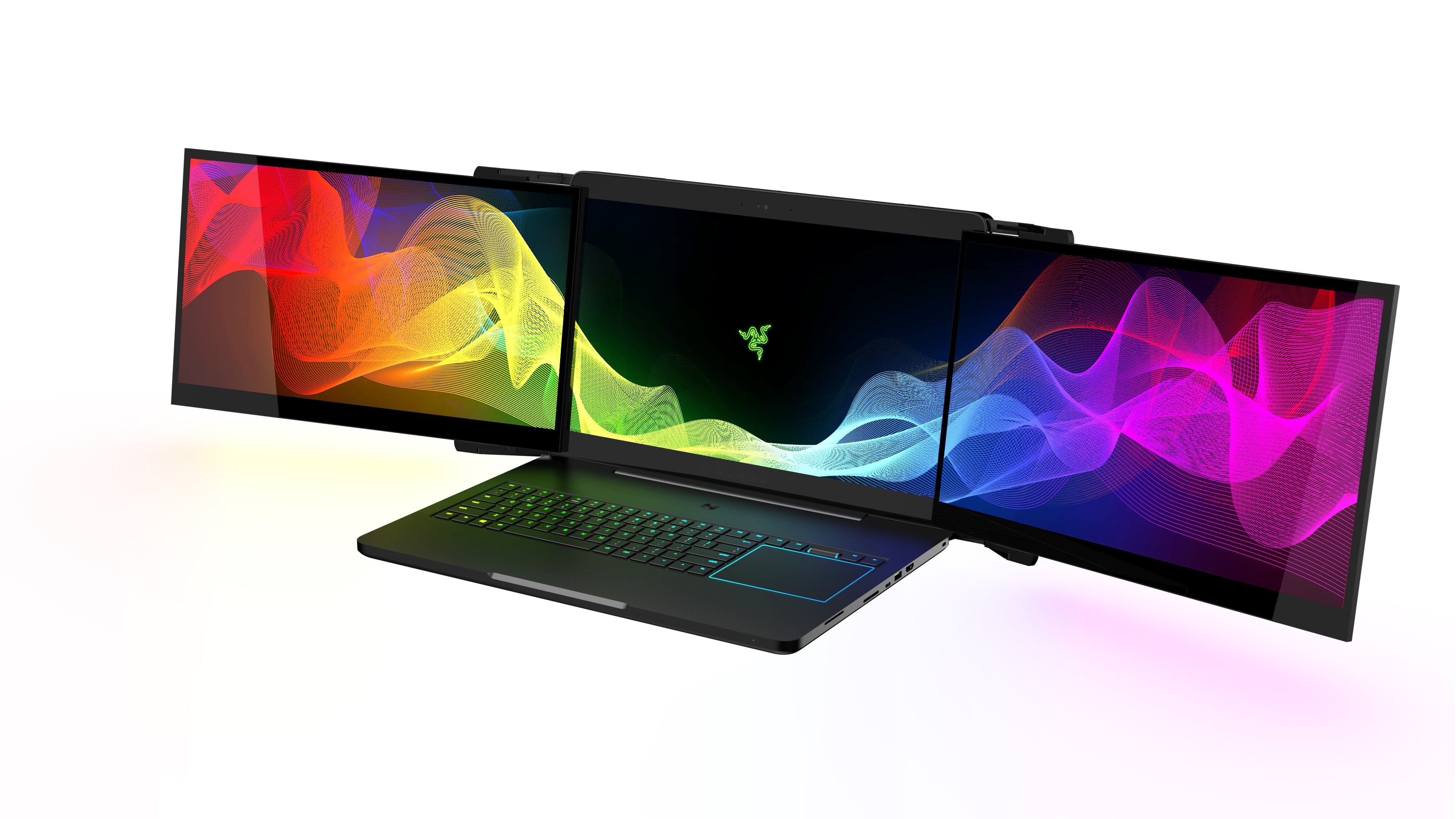 Razer offers $25,000 reward for stolen laptops
Razer offers $25,000 reward for stolen laptopsIn Depth Chief executive doesn't rule out industrial espionage after prototypes go missing at CES in Las Vegas
-
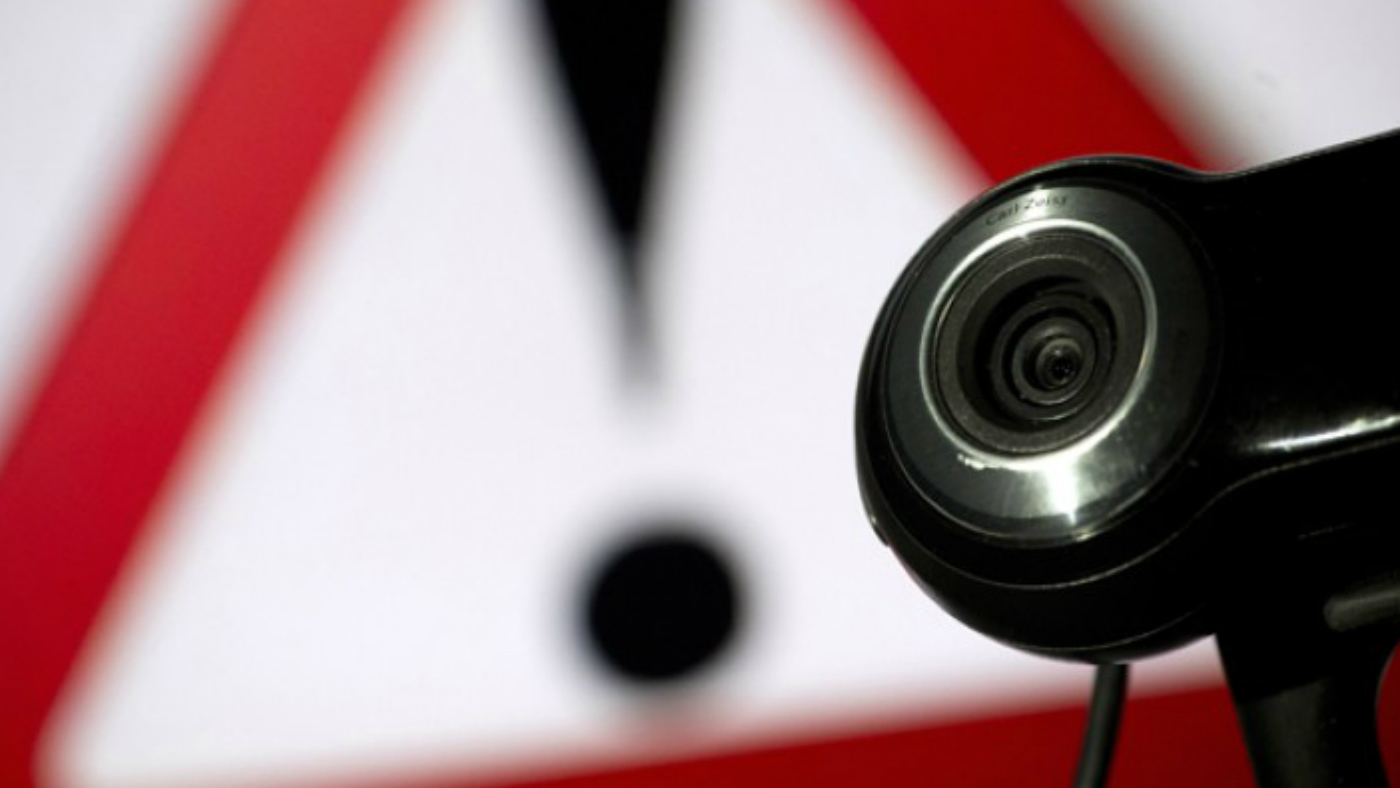 Should you cover your webcam? Yes, says FBI
Should you cover your webcam? Yes, says FBISpeed Read FBI director James Comey recommends covering your laptop camera with tape
-
 The executive style guide
The executive style guidefeature Want to stand out from the business crowd? Here's all the kit you need.
-
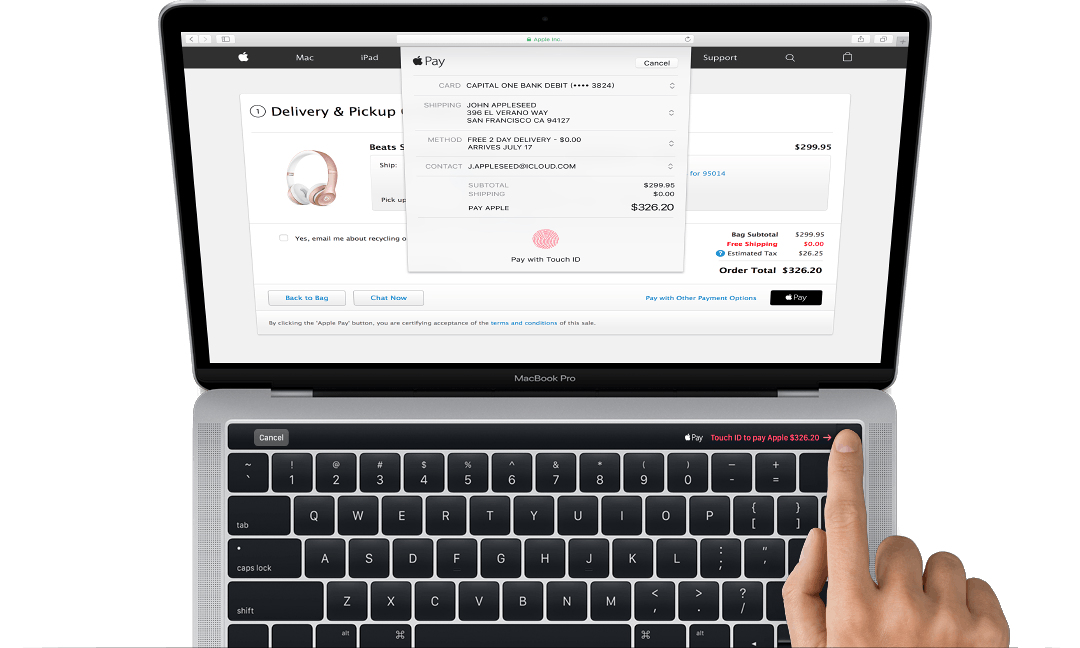 MacBook Pro: Kaby Lake models 'to enter production this year'
MacBook Pro: Kaby Lake models 'to enter production this year'In Depth Report claims Apple plans to upgrade 13ins and 15ins models 'in third quarter'